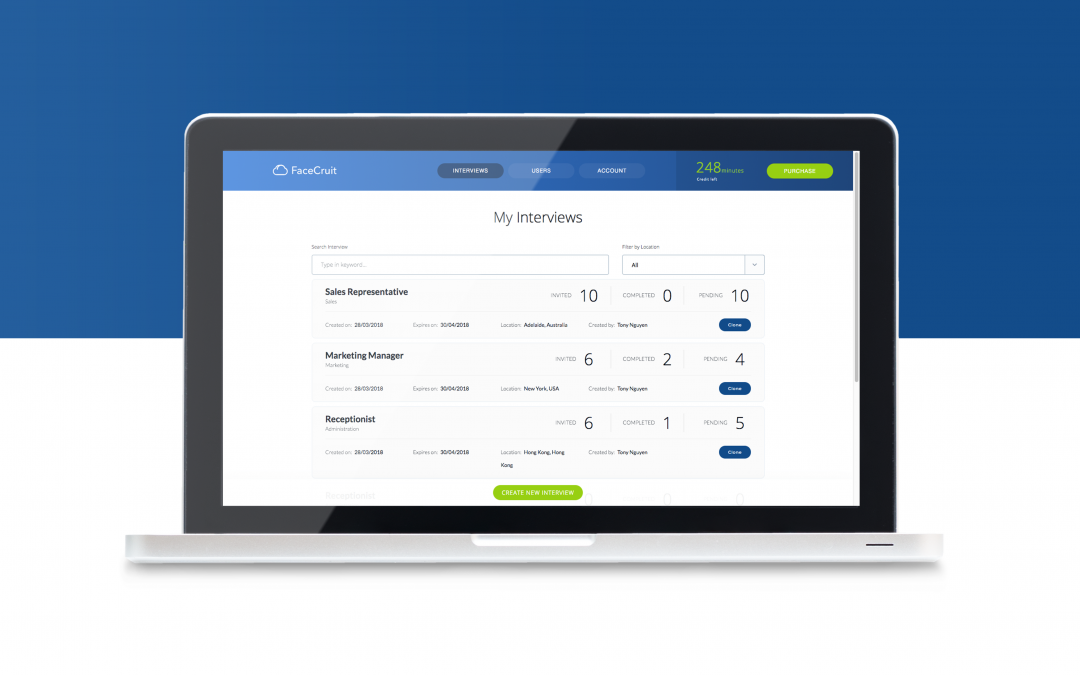Recruitment methods are old and need advancement!
The majority of employer recruitment methods can sometimes be considered old or in need of advancement due to several factors:
Changing Workforce Dynamics:
The workforce is evolving, with new generations entering the job market and bringing different expectations and preferences. Traditional recruitment methods may not resonate with younger candidates who are more tech-savvy and accustomed to digital experiences. Advancements are needed to cater to these changing dynamics and meet the expectations of the modern workforce.
Technological Advancements:
Technology has transformed many aspects of our lives, including how we search for jobs and engage with potential employers. With the rise of digital platforms, social media, and mobile applications, candidates expect a seamless and user-friendly recruitment experience. Employers need to adopt advanced recruitment methods to leverage technology and reach candidates through the channels they use most frequently.
Competitive Talent Market:
In today’s competitive job market, attracting and retaining top talent is crucial for organizations’ success. Outdated recruitment methods may not effectively differentiate employers or capture the attention of highly sought-after candidates. Advancements in recruitment methods can help employers stand out from the competition and showcase their unique employer brand, culture, and values.
Enhanced Efficiency and Cost-effectiveness:
Traditional recruitment methods can be time-consuming and resource-intensive. Advancements in recruitment technology and automation can significantly improve efficiency, streamline processes, and reduce costs associated with hiring. Implementing modern methods, such as applicant tracking systems, AI-powered screening, and video interviews, can help employers identify and engage with qualified candidates more efficiently.
Evolving Candidate Expectations:
Candidates now expect a more personalized and engaging recruitment experience. They desire transparency, clear communication, and timely feedback throughout the process. Outdated methods that lack these elements may result in candidate dissatisfaction and negative perceptions of the employer. Advancing recruitment methods allows employers to meet these expectations and create positive candidate experiences.
Data-driven Decision Making:
Advanced recruitment methods can provide valuable data and insights that support data-driven decision-making. By leveraging analytics, employers can measure the effectiveness of their recruitment strategies, identify areas for improvement, and make informed decisions to optimize their hiring processes. Data-driven recruitment can lead to better quality hires and improved overall recruitment outcomes.
It’s important for employers to continuously evaluate their recruitment methods and stay updated with the latest trends and advancements. By embracing new technologies, strategies, and approaches, employers can enhance their recruitment efforts, attract top talent, and adapt to the changing needs and expectations of candidates and the evolving job market.
